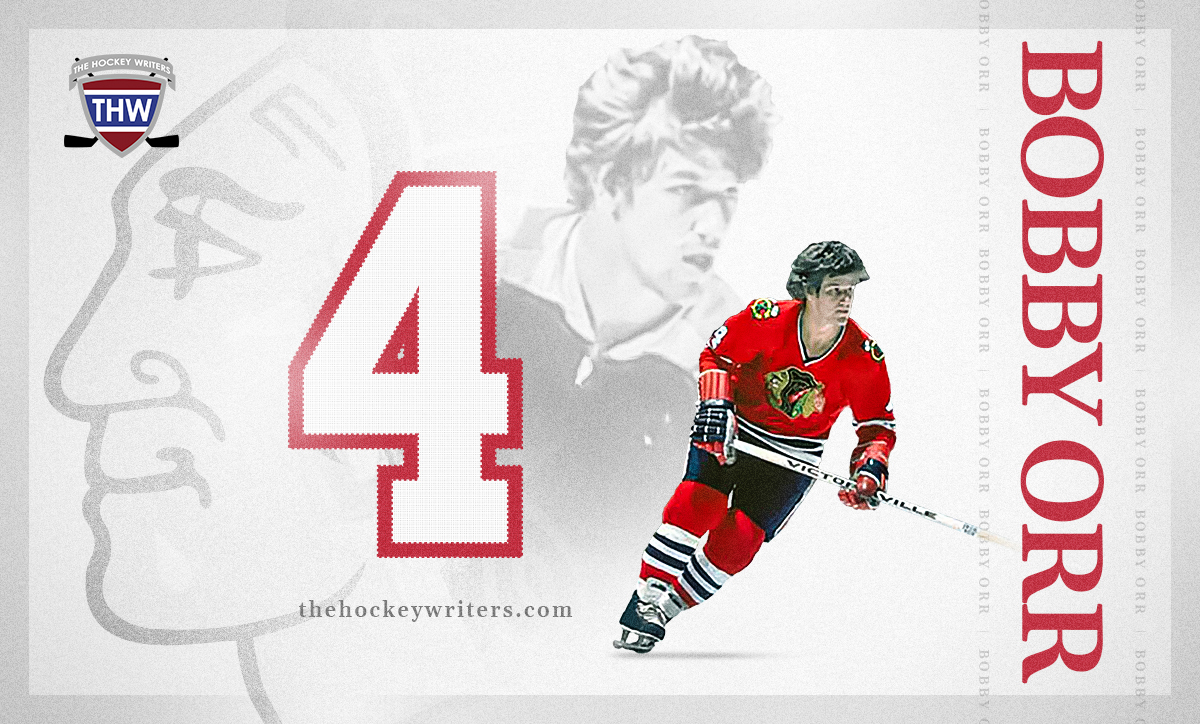

Bobby Orr, arguably the greatest defenseman in NHL history, is best known for his legendary career with the Boston Bruins. However, many hockey fans may not be aware of his brief and largely unsuccessful stint with the Chicago Blackhawks. In 1976, after a decade of dominating the league with the Bruins, Orr became a free agent and signed a five-year, $3 million contract with Chicago. The move sent shockwaves through the hockey world, but unfortunately, Orr's time with the Blackhawks was marred by injuries and disappointment.
During his time with the Bruins, Orr revolutionized the defenseman position with his incredible skating, scoring, and playmaking abilities. He won two Stanley Cups (1970, 1972), eight consecutive Norris Trophies as the league's best defenseman (1968-1975), and three consecutive Hart Trophies as the league's most valuable player (MVP). Orr also holds the record for most points and assists in a single season by a defenseman. However, persistent knee problems began to plague him, leading to multiple surgeries.
As his contract with the Bruins neared its end, negotiations became complicated. Orr's agent, Alan Eagleson, demanded that the Bruins guarantee any contract offered to Orr. The Bruins offered a five-year deal worth $1.75 million, but only $600,000 was guaranteed. Eagleson rejected the offer, deeming it an insult. Orr later found out that the Bruins had also offered an 18.5% ownership stake in the team, but Eagleson never told him about it, allegedly to secure a better commission for himself.
On June 1, 1976, Orr became a free agent, and Eagleson notified all NHL and World Hockey Association (WHA) teams except the Bruins. Chicago emerged as the frontrunner, with Blackhawks' President Bill Wirtz publicly stating his willingness to meet Orr's financial demands. Orr signed a five-year, $3 million contract with the Blackhawks, with every dollar guaranteed. Wirtz acknowledged the gamble, stating, "We have placed our bet down, but at least we have gambled on a thoroughbred".
However, Orr's knee problems persisted. In his first season (1976-77) with the Blackhawks, he only played 20 games and sat out the entire 1977-78 season. He attempted a comeback in 1978, but after just six games, he decided to retire. In his brief stint with Chicago, Orr recorded 6 goals and 21 assists in 26 games.
Orr's time in Chicago was a disappointment. Knee injuries had taken their toll, and he was no longer the dominant player he once was. The Blackhawks missed the playoffs in both seasons Orr played. Orr himself later expressed regret over the move, stating that he never felt at home in Chicago.
Despite the unfortunate end to his NHL career, Bobby Orr's legacy as one of the greatest hockey players of all time remains secure. His impact on the game is undeniable, and his contributions to the Boston Bruins will never be forgotten. While his time with the Chicago Blackhawks was short and unsuccessful, it serves as a reminder of the fragility of even the most extraordinary careers.
The Chicago Blackhawks, founded in 1926, are one of the NHL's Original Six teams. Throughout their history, they have won six Stanley Cup championships (1934, 1938, 1961, 2010, 2013, and 2015) and have been home to legendary players such as Bobby Hull, Stan Mikita, and Patrick Kane. The team's struggles in the 1940s and 1950s were followed by a resurgence in the 1960s, with stars like Hull and Mikita leading the way.